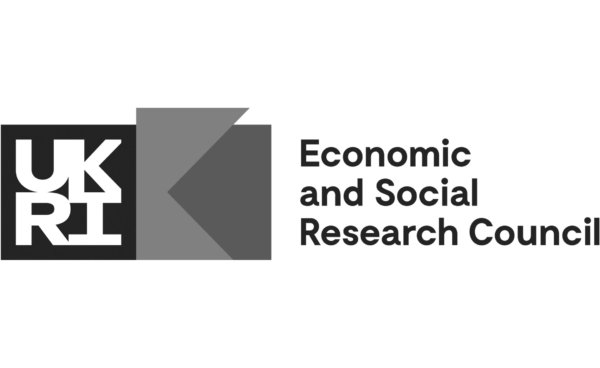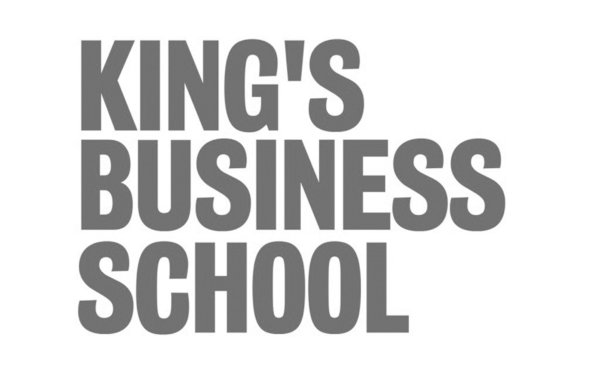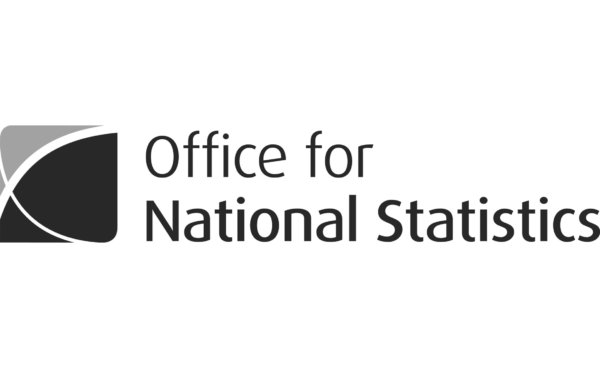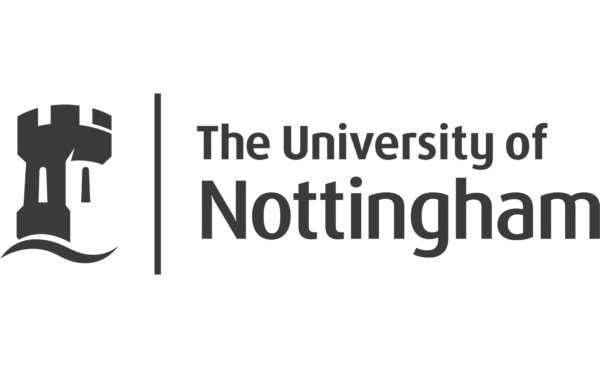Why do some firms appear more resilient and even thrive in reaction to a common shock while others struggle? What attributes do firms possess that makes them more innovative, adaptable and resilient than others? It is often hard to determine the answer to these questions because change requiring innovation, adaptive behaviour or resilience, normally takes place in a sufficiently gradual manner that it is hard to discover the determinants.
In this respect, the COVID-19 pandemic provides a rare example of a sudden and unexpected shock that affected nearly all firms to a greater or lesser extent and forced many of them to fundamentally change the way they produce and sell their output (Brynjofsson et al (2020)). The literature hypothesises that some firms were better placed, because they had pre-existing arrangements in place such as greater use of remote working or IT support, to accommodate the effects of the shock (Baiet al. (2021)). The assumption is that firms were ready to respond because they had flexibility in key dimensions e.g. being able to work from home while government-issued stay at home orders were in place.
But a different type of shock might not have given these particular firms the edge, they just so happened to be in a good position for the COVID shock. In this project we build on the insight of Bloom and Van Reenen (2007), that better managed firms are generally better performing in most dimension. Better managed firms have higher productivity, profitability, exports, patents etc (Bloom and Van Reenen, 2007; Bloom et al 2012). Bloom et al. (2017a) argue ’management variation accounts for about a fifth of the spread of productivity, a similar fraction as that accounted for by RD, and twice as much as explained by IT’. We conjecture that at least part of the source of innovation, adaptability and resilience lies in the management practices a firm has adopted (prior to the shock). We already know that better managed firms have better forecasting ability: better managed firms predict both firm-level and economy-wide variables better than otherwise similar competitors, and more certain in their forecasts [Bloom et al 2021]. It is not unreasonable that firms that form more accurate forecasts are able to react to large changes more comprehensively and more quickly even though the shock itself may be unanticipated. This is the hypothesis we test in this project.
The period of turmoil due to COVID provides an ideal laboratory to explore the whether better management practices enable greater innovation, adaptability and resilience. We make use of the UK Office for National Statistics (ONS) Management and Expectations Survey (MES), which collects information on management practices and can provide a management practices score (MPS) in two waves undertaken in 2017 and 2020 to gather data on the previous year that gives the level and three-year change in MPS. We merge this data with information on business performance and practices e.g. ONS Annual Business Survey and the Business Insights and Conditions Survey (BICS), a large-scale ONS survey that provides more qualitative insights into firm decision-making.




